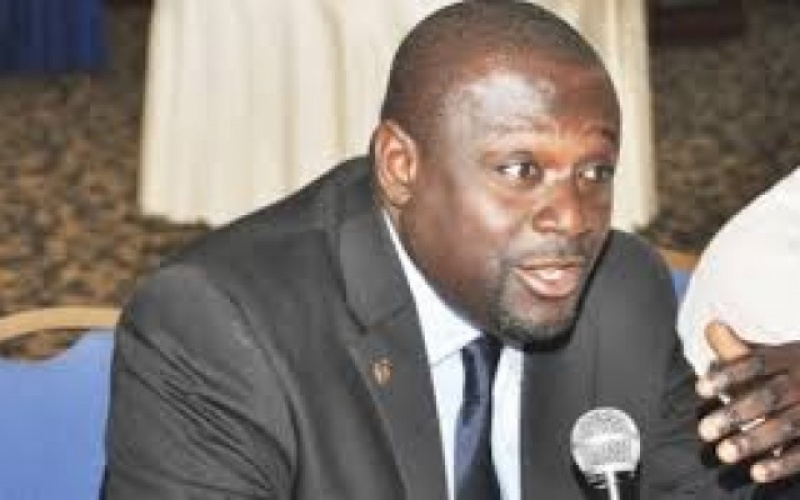The plan of the Akufo-Addo-led government to use the Heritage Fund to finance the Free Senior High School programme is apt, Dr Mark Assibey-Yeboah, Chairman of the Finance Committee of Parliament, has said.
His comment follows criticisms levelled against the government for deciding to fund the programme with monies that have been set aside for the country’s unborn generation.
Senior minister Yaw Osafo Maafo has indicated at a forum in Accra on Tuesday February 14 that the Heritage Fund, into which is paid nine per cent of the country’s annual petroleum revenue, will be used to sustain the programme.
He said: “We have to make an amendment to say that X per cent of the Heritage Fund, or the Petroleum Fund will be used to support second cycle education. If we think that industry requires a certain stimulus that will enable jobs to be created and you are creating a job to build Ghana, you can look at it and put in a certain amount. We are [also] looking at agriculture.”
But this has infuriated some members of the opposition National Democratic Congress. Fiifi Kwetey, a former Minister of Transport, told Emefa Apawu on Class 91.3FM’s 505 programme: “Clearly, this position by our friends now in government is shocking and absolutely difficult to understand.
“First and foremost, we need to understand that the reason behind the Petroleum Fund is to say Ghana has made a discovery of oil and this resource is a finite resource. A time will come that there will be not one litre of oil and, therefore, it is important to make generations to come clearly know that Ghana at a stage had access to this particular resource.”
But also commenting on the same programme, Mr Assibey-Yeboah said: “I think it is not too bad an idea because if you look at the spirit and the letter behind the Petroleum Fund, namely the Heritage Fund and Stabilisation Fund, essentially the Heritage Fund tries to look at issues of intergenerational equity because of the finite nature of petroleum revenue. Because it is not perpetual, definitely it will come to an end and so you are actually thinking about the future generation so that there is some kind of equity, so that they also come and enjoy whatever revenue that we got.
“But that said, you are looking at future generations. Now what kind of generation are we talking about? Are we talking about a generation in 50 years, a generation in 100 years, or a generation in 20 years?
“Assuming that that generation actually that you are looking at has to be educated so that they can…properly take care of whatever resources that have been saved or they have inherited from their predecessor but they did not get the opportunity now for them to be well educated, then whatever resources that you leave for them, to a large extent, could be mismanaged. And, so, when you are looking for future generations and [those] generations that you are talking about you do not have enough resources to take care of their education, then I don’t think you are really doing those generations any good.”
Source: Ghana/AccraFM.com

































